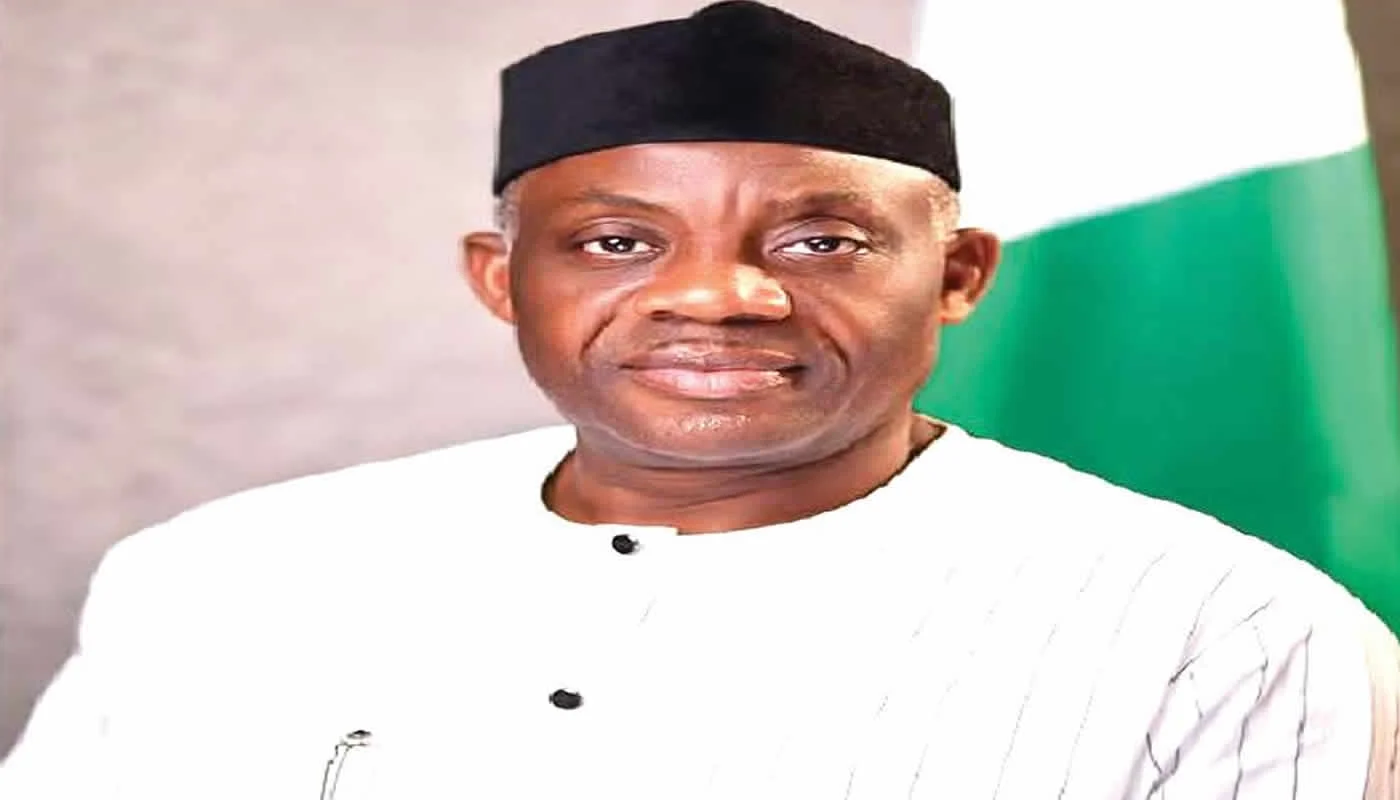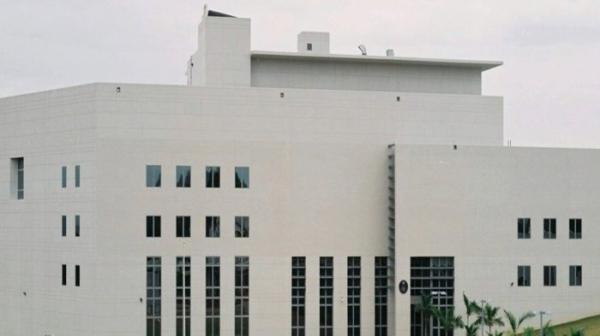
Global health experts have called on donors to invest in sustainable actions that will benefit the whole healthcare infrastructure and not just high profile diseases or expensive surveillance systems if epidemics of the scale of the 2014 Ebola epidemic in West Africa are to be averted.
Dr. Marie-Paule Kieny, the World Health Organisation Assistant Director-General for Health Systems and Innovation, warned that failure to do so would cause much higher consequences should another epidemic hit.
Dr. Kieny made the remarks while addressing a WHO media teleconference ahead of the UN Secretary-General’s International Ebola Recovery Conference later this week.
Kieny said it will be impossible for Guinea, Liberia and Sierra Leone, the worst hit countries, to fully recover without increasing the money spent on health.
To provide services to the end of December 2017, Dr Matshidiso Moeti, WHO regional director for Africa said the three countries still need to raise $696m against a recovery budget of $2.1bn.
Ebola has devastated the social and economic life of Liberia, Guinea and Sierra Leone in West Africa since December 2013 when it was first reported, grinding their health system, which was in dire shape, to a halt.
“The Ebola epidemic was that devastating on the large part because the countries’ health systems were already struggling to handle routine care and they collapsed in the face of the deadly epidemic,” Moeti said.
For basic healthcare services, WHO recommends a minimum of 22 health workers — including doctors, physician assistants, nurses, and midwives for every 10,000 people. But as of November 2014, Guinea had 1.8 doctors, 1.4 nurses, 0.5 midwives for every 10,000 people. Sierra Leone had 0.46 doctors, 0.83 nurses, 0.36 midwives for every 10,000 people.
As of February 2015, Liberia had 0.4 doctors, 1.1 physician assistants, 5 nurses, 2 midwives for every 10,000 people.
All these were below the African Regional Average of 2.6 doctors for every 10,000 people and 12 nurses and midwives for every 10,000 people.
Government expenditure on healthcare was also very low. Whereas WHO recommends a minimum of $84 per person, per year, Guinea, Liberia and Sierra Leone had respectively spent $7, $14 and $11 per person on health services in 2013 before the Ebola epidemic started.
The epidemic seems to be waning and new cases have dropped to an average 20 a week, however, experts warn that it will be a while before the disease is wiped out.
Even Liberia which had been declared free and had had no case since March 20, found a new case at the end of June through its now routine surveillance. Two other people linked to this case were also identified and two hundred are being monitored.
Ebola virus disease is highly contagious and often fatal. The disease crosses to humans through contact with fluids of infected animals. In humans it spreads through human-to-human contact with body fluids of infected people. Since the outbreak, Ebola has infected over 15,000 people killing 11,000 in the three countries, the worst ever toll in history.
According to Dr Phillip Ireland, a physician in Monrovia, who is also an Ebola survivor, health workers were 20 to 30 times more likely to contract Ebola “because of the overwhelming numbers of patients they were handling”. Over 500 healthcare workers in the three countries have died.
Moeti pointed out that the recovery package will need to cover all sectors but if they do not build resilient health systems, it may be just a matter of time before the affected countries face another crisis.
Already the focus on the epidemic has affected health service delivery.
According to Dr Ireland, malaria now accounts for 40% of all patient admissions in hospitals and health facilities yet it is often misdiagnosed since initial symptoms are similar to those of Ebola.
“That is what happened to me,” Ireland told the WHO global teleconference on Monday.
“I went to the nearby treatment unit but I was turned away. They looked at me and even as the outbreak was taking off, even though my exposure to the virus made me more likely to contract the virus, they thought I had malaria,” he said.
Ireland attributes his survival to his mother who sent away his family members, improvised protective gear and took care of him for a week before the symptoms worsened and he could be admitted for treatment.
Moeti explained that due to lack of training, health workers were scared to assist patients; as a result gains made in the health sector have been lost.
She said routine immunisation services are no more and as a result there is a drastic increase in measles cases which had been largely controlled before.
Liberia, Guinea and Sierra Leone have had troubled histories and are still recovering from civil war. Ebola has reversed the “hard-earned development programs in the three countries,”Moeti said.
To get to zero and stay there, Dr Kieny said will require rebooting the essential health systems so that women and children and those suffering from other conditions like malaria and diarrhoea can get the care they need.
She emphasised that building resilient health systems was needed in all countries to address severe epidemics and other health challenges.
“No country is immune to disease outbreaks regardless of where the outbreak began, this is the lesson Ebola has taught us,” she said.
She warned that if the three countries were left non-functional, another outbreak was probable since countries that had had outbreaks before, like Congo did not have only one epidemic.
“Ebola could come back and we cannot afford to have another crisis like that,” she said. She emphasised that global health security would not be achieved simply by strengthening international surveillance.
“We need to go the long haul and make sure that surveillance response and the continued supervision of quality healthcare work happens in an integrated way,” Kieny said.






















